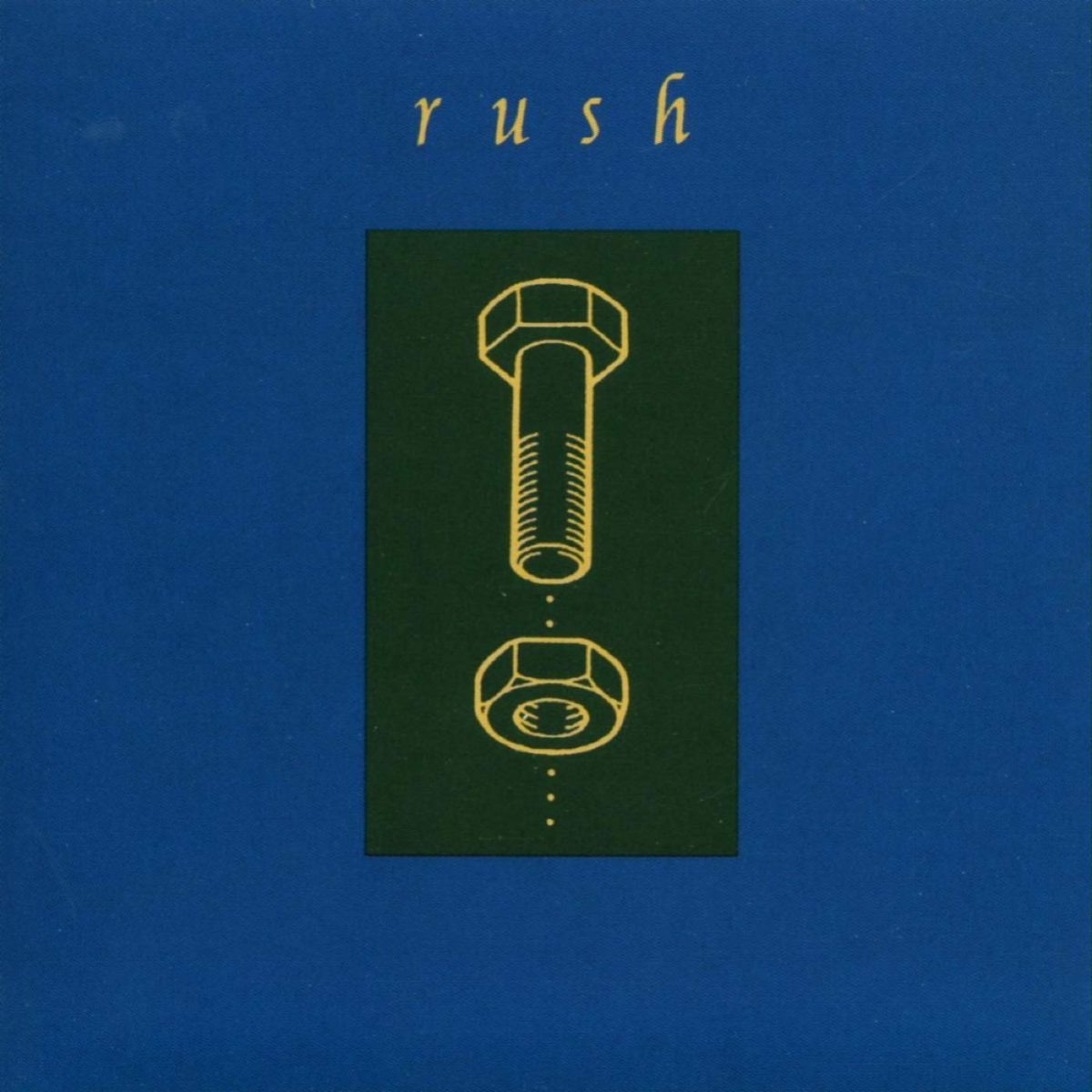
“Guess who I met in the Home Depot parking lot just now? Eddie.”
This early-morning text message from my father already feels like it comes from another lifetime, back when people still gathered in places like Home Depot parking lots. I’ve lived in California for six years or so, but my parents, who live in New Jersey and are not big travelers—unless it’s to popular suburban destinations like Home Depot—never really mastered time zones.
Fighting through sleep and last night’s Banquet Beers, I realize my dad is talking about my estranged older brother. Stacey is still sleeping next to me as I stare at the ceiling of our one-bedroom apartment and process this information. None of us have seen or spoken with Ed in about eighteen years. Stacey and I have been together for thirteen and they’ve never met. When it came to our fractured relationship, I had effectively lobotomized myself.
Ed is only a few years older than me, but when you’re a kid the age difference feels vast. He could do a kickflip. He could play guitar. At some point he started smoking cigarettes, which obviously ruled. Any musical enthusiasm of his, no matter how dubious, immediately became mine too, and went into heavy rotation. This included the 1993 Rush album Counterparts.
There are good reasons you have—I assume—not heard of it. Counterparts is at best a transitional record for Geddy Lee and co., at worst a motley collection of strangled metaphors and flat, repetitive tracks attempting to harness some excruciatingly moody musical zeitgeist. (You can tell the band was well out of its comfort zone; 1993 was, after all, barely two years removed from Temple of the Dog.) But I know this Rush album better than anything else they’ve done, solely because Ed brought the tape down to our house on Eighth Street that one summer.
I just looked up a ranking of Rush albums on something called ultimateclassicrock.com—a definitive resource, surely—and Counterparts comes in a dismal fourteenth. This might be enough to dissuade all but the most psychotic Rush consumers from giving it a spin, but I think that’s a mistake. Or maybe it isn’t? I’m not sure. I’m hopelessly compromised. In any case, I can say Counterparts is jarringly earnest, and extremely of its time. “Nobody’s Hero,” for instance, takes on the AIDS crisis:
You have reached your article limit
Sign up for a digital subscription and continue reading all new issues, plus our entire archives, for just $1.50/month.
Already a subscriber? Sign in




